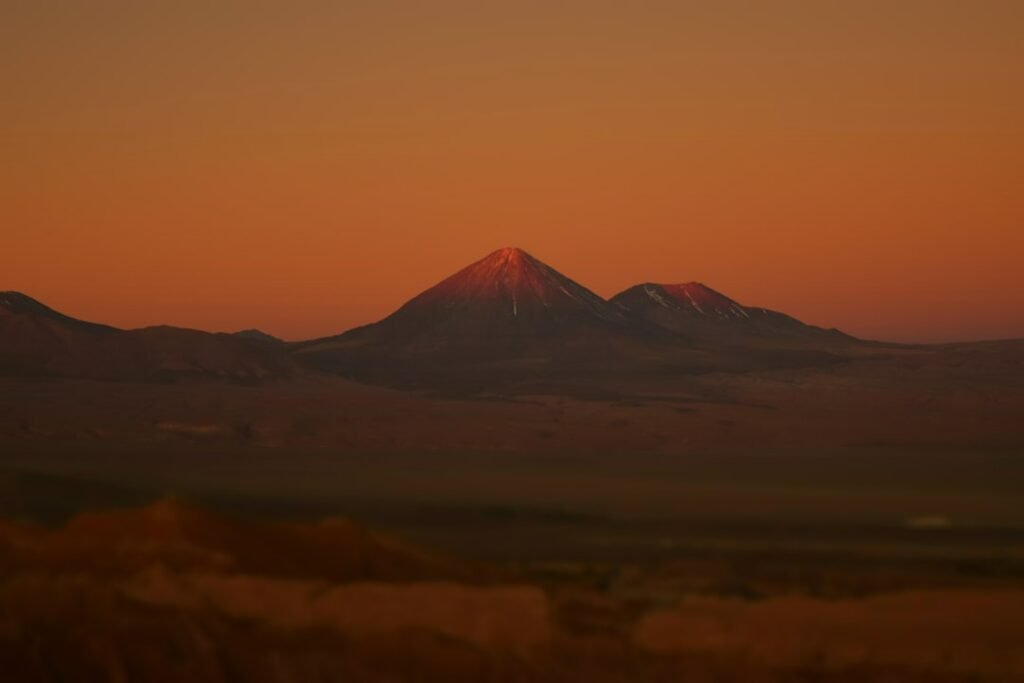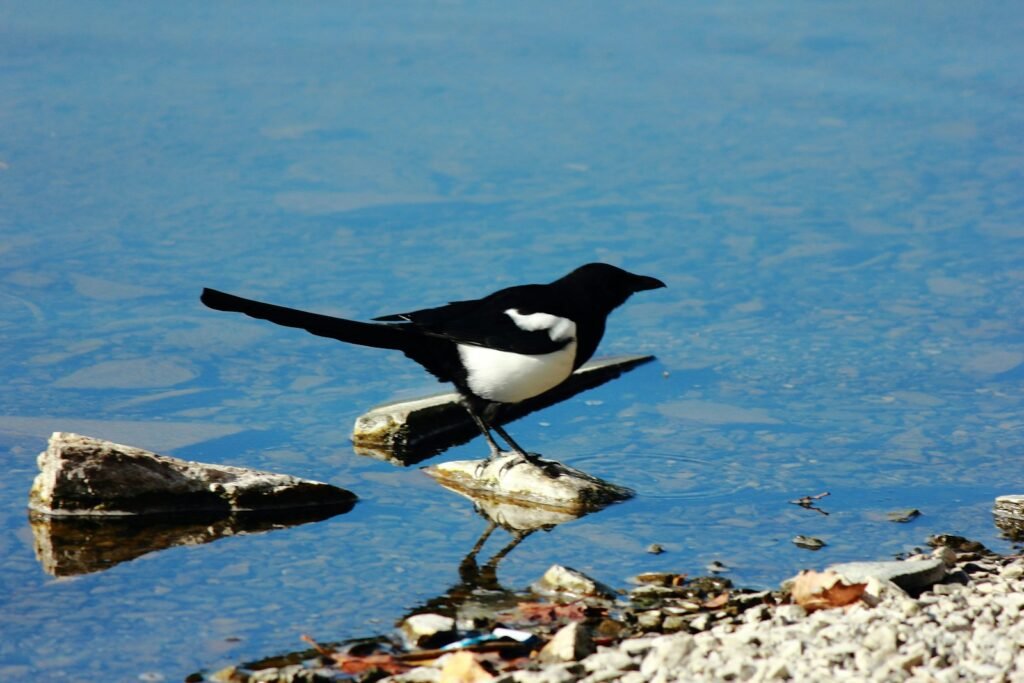In a shocking and potentially game-changing development for ocean conservation, Iceland’s biggest and most contentious whaling firm, Hvalur hf., has officially canceled its summer 2025 fin whale hunt. The move comes just a few months after being granted a five-year permit to hunt as many as 209 fin whales per year from 2025 to 2029 by Iceland’s government in December 2024.
Kristján Loftsson, the billionaire CEO of Hvalur hf., cited deteriorating market conditions in Japan, the primary importer of Icelandic whale meat, as the core reason behind the suspension. “The price of our product in Japan has been unfavorable and is worsening,” Loftsson told Morgunblaðið, Iceland’s leading newspaper.“It doesn’t make commercial sense to hunt whales this summer.”
Though framed as an economic decision, the implications extend far beyond balance sheets. Conservationists around the world are hailing the announcement as a significant step toward the end of industrial whaling, an industry increasingly viewed as outdated, unethical, and environmentally damaging.
Crumbling Economics: Japan’s Shrinking Appetite for Whale Meat

Although traditionally Japan has been the biggest consumer of fin whale meat from Iceland, demand has been declining for decades. Experts attribute the decline to a mix of local oversupply, falling public demand, and increased global trade barriers that have made exporting more difficult.
A key voice in this discourse, Sharon Livermore, marine conservation director at the International Fund for Animal Welfare (IFAW), summed it up starkly: “There is both a declining demand and a large stockpile of surplus meat that remains unsold.” She added that the data “makes it clear that killing hundreds of whales a year is an economic and environmental loser.”
Japan’s decision to resume its own commercial whaling in 2019 only compounded the issue. As a result, the market for imported whale meat particularly from Iceland has seen a steady collapse, pushing companies like Hvalur to reevaluate the viability of their operations.
The Human Cost: Icelandic Labor Voices Economic Concern

While the international environmental community might be celebrating, not everyone in Iceland is cheering the move. Vilhjálmur Birgisson, leader of the Verkalýðsfélag Akraness union of workers in western Iceland, was deeply concerned about the effect on jobs in the area.
Talking to Morgunblaðið, he labeled Hvalur’s cancellation “a big blow to our community.” To municipalities like Akranes, for which whaling and fishing continue to be economic lifelines, the effects of Hvalur’s shutdown ring out like an immediate stab. It serves as a testament to the challenge of shifting from extractive economies into more sustainable patterns, an effort that remains polarizing within Icelandic politics and society.
Vulnerable Giants: The Conservation Case Against Whaling

At the center of this progress is the magnificent fin whale (Balaenoptera physalus) the planet’s second-largest creature and presently a vulnerable species on the IUCN Red List. These animals serve a very important ecological function, ranging from balancing the marine food web to storing huge volumes of carbon in their native habitats.
Yet their size has historically made them prime targets for whalers. And while Iceland, Japan, and Norway remain the only countries permitting commercial whaling in defiance of the 1986 International Whaling Commission (IWC) moratorium, public sentiment and scientific consensus are moving in the opposite direction.
“The news that Hvalur hf. will not hunt fin whales this summer could signal the beginning of the end for whaling in the country,” declared Whale and Dolphin Conservation, a UK-based NGO, in a statement following the announcement.
Blood in the Water: Recent Controversies and Ethical Reckoning

Public outrage over whaling has only grown in recent years. In 2022, a scathing report by Iceland’s Food and Veterinary Authority exposed that most whales slaughtered that season endured great suffering after being harpooned, some of them taking several hours to expire.This led the Icelandic government to temporarily close down Hvalur in June 2023, only to reverse the move in September under political pressure.
By then, the damage was already done both to whale populations and Iceland’s global reputation. During the brief resumed season, Hvalur managed to kill just 24 whales, further fueling criticism and calls for a permanent end to whaling in the country.
Turning Tides: Is This the Beginning of the End?

With shifting economics, vocal conservation movements, and damning public optics, the writing may be on the wall for Iceland’s whaling industry. Even though Hvalur has only paused its 2025 operations and not canceled its license experts suggest this could set a precedent.
Activist groups like Sea Shepherd, IFAW, and the Captain Paul Watson Foundation have long fought to make whaling economically untenable, leveraging media, lobbying, and international pressure. Their cumulative efforts may finally be bearing fruit.
“This isn’t just a victory for whales, it’s a victory for logic,” said Livermore. “Fin and minke whales offer so much more to the environment and to eco-tourism than they ever did on a dinner plate.”
What Comes Next: Hope for a Whale-Watching Future

As we look to the future, Iceland has a real chance to shift toward a more sustainable kind of marine tourism. Around the world, whale watching has blossomed into a thriving industry, one that brings in more income and creates more local jobs than whale hunting ever could, all while leaving marine life unharmed.
Based on the Icelandic Tourist Board, whale-watching cruises welcome more than 300,000 people each year, and it is one of the nation’s favorite eco-activities. Stepping further into this market might provide an economic solution to traditional whaling that is compliant with international conservation standards.
Whales are not only relics of our gastronomic past; they are keystone species, upon which the biodiversity and climate stability of the planet depend. Let 2025 be the year that Iceland, and the world, finally closes the chapter on commercial whaling.
Sources:
- Mongabay – Icelandic Whaling Company Calls Off Fin Whale Hunt This Summer
- World Animal News – Victory For Whales
- International Fund for Animal Welfare (IFAW)

Jan loves Wildlife and Animals and is one of the founders of Animals Around The Globe. He holds an MSc in Finance & Economics and is a passionate PADI Open Water Diver. His favorite animals are Mountain Gorillas, Tigers, and Great White Sharks. He lived in South Africa, Germany, the USA, Ireland, Italy, China, and Australia. Before AATG, Jan worked for Google, Axel Springer, BMW and others.




